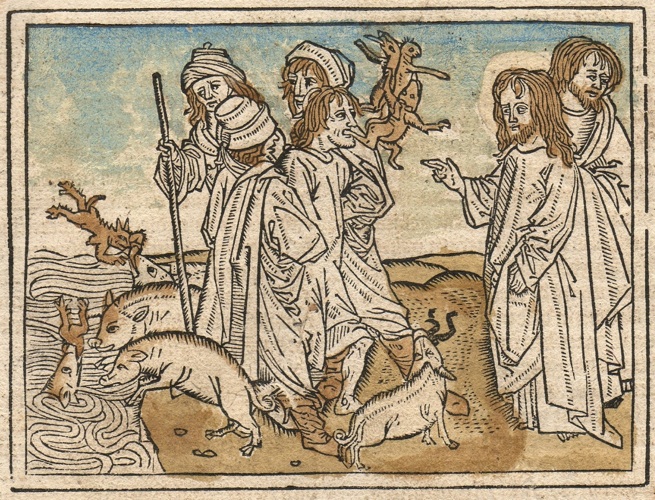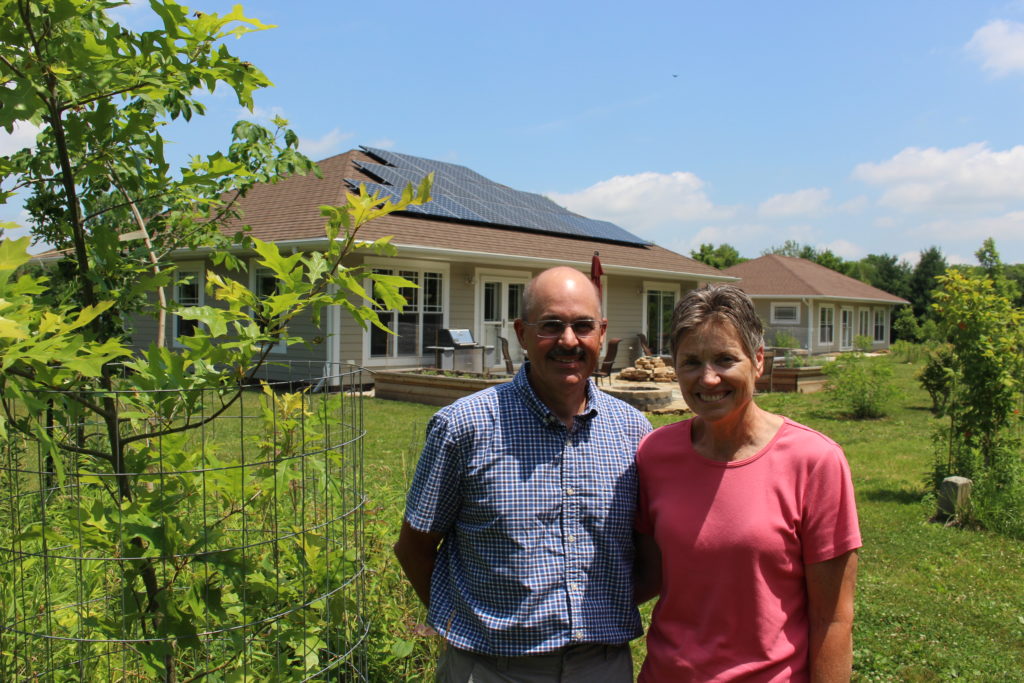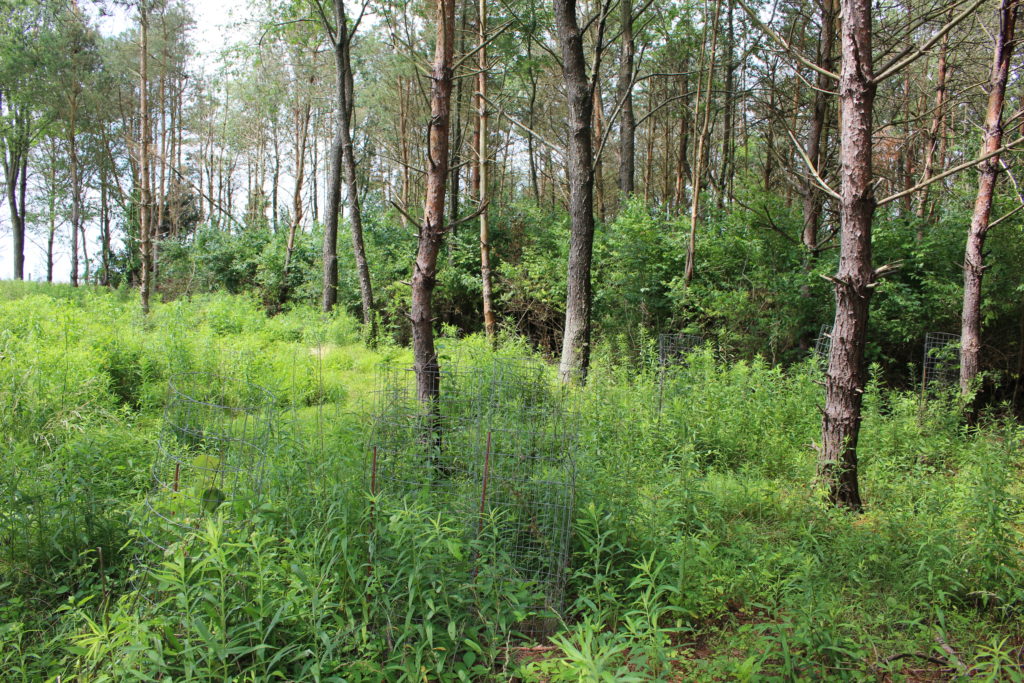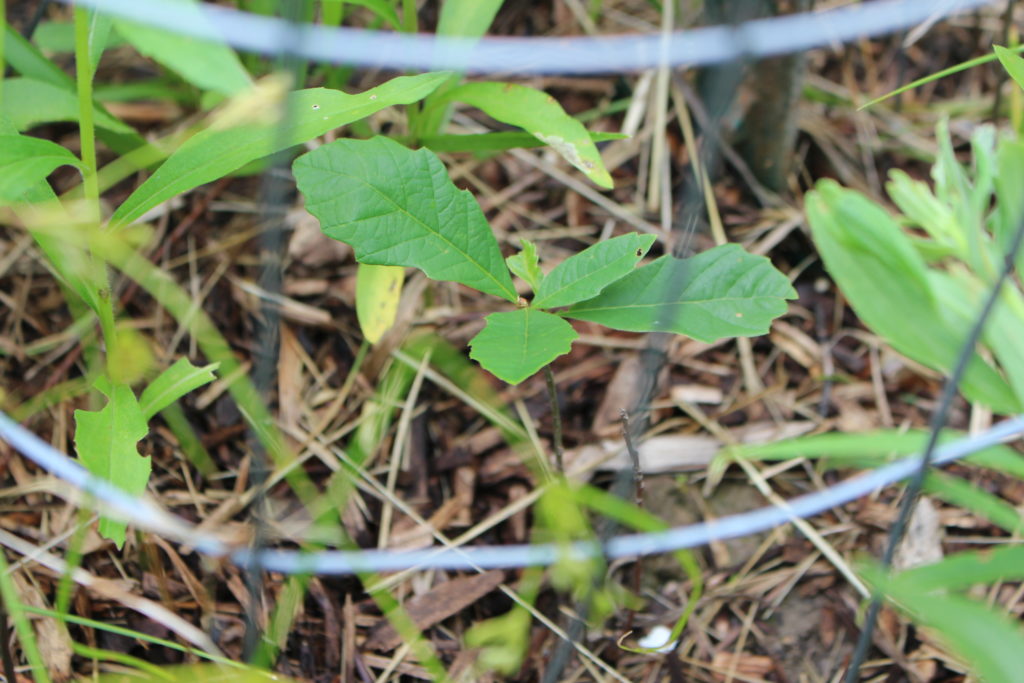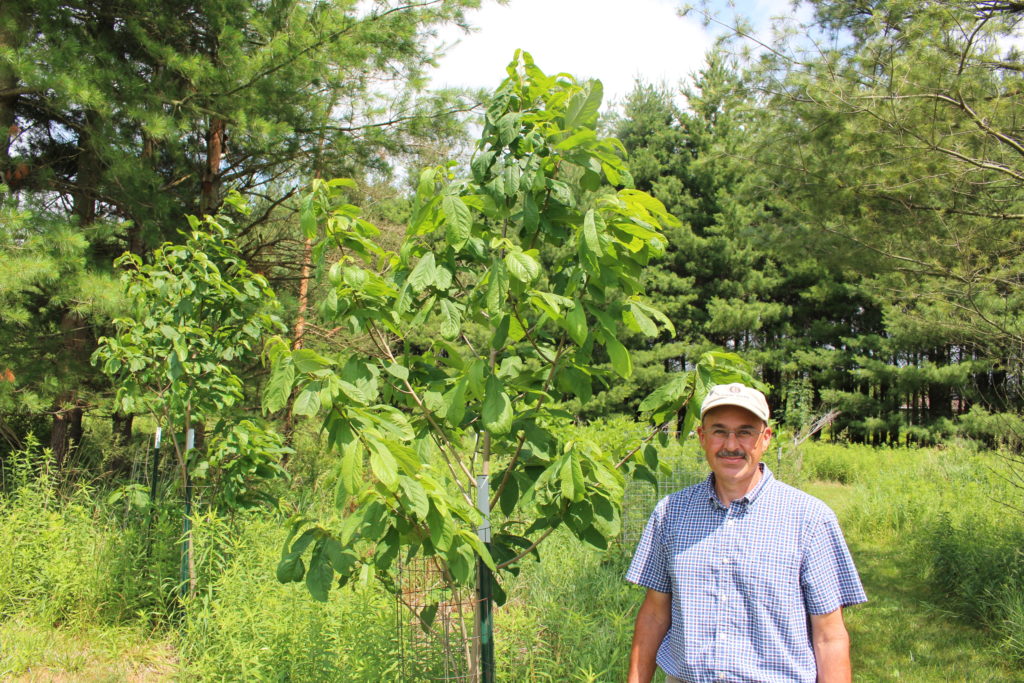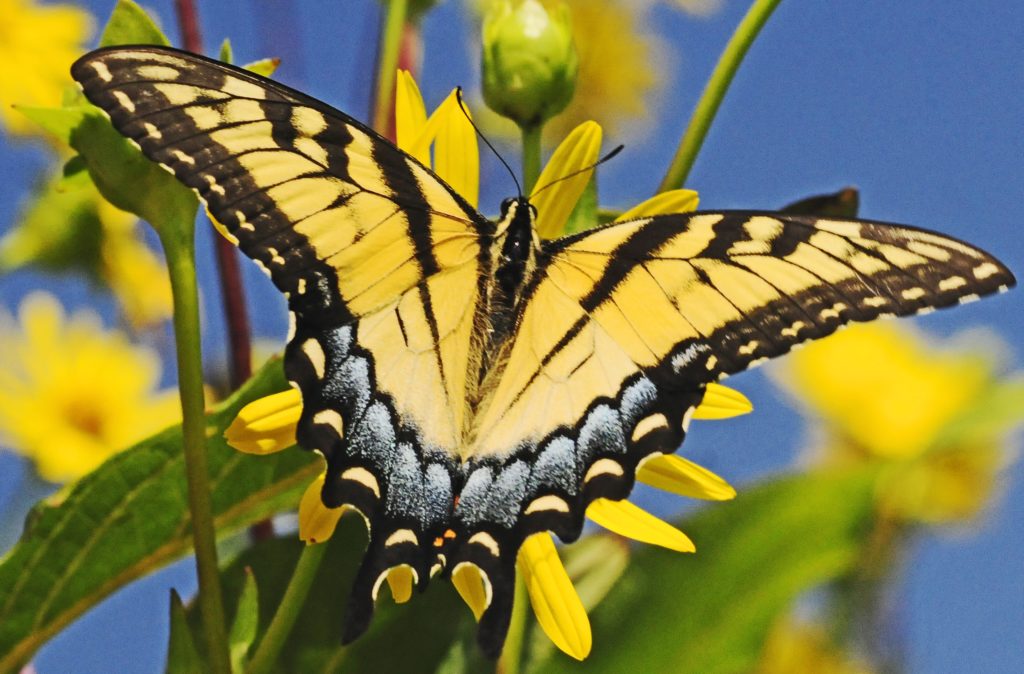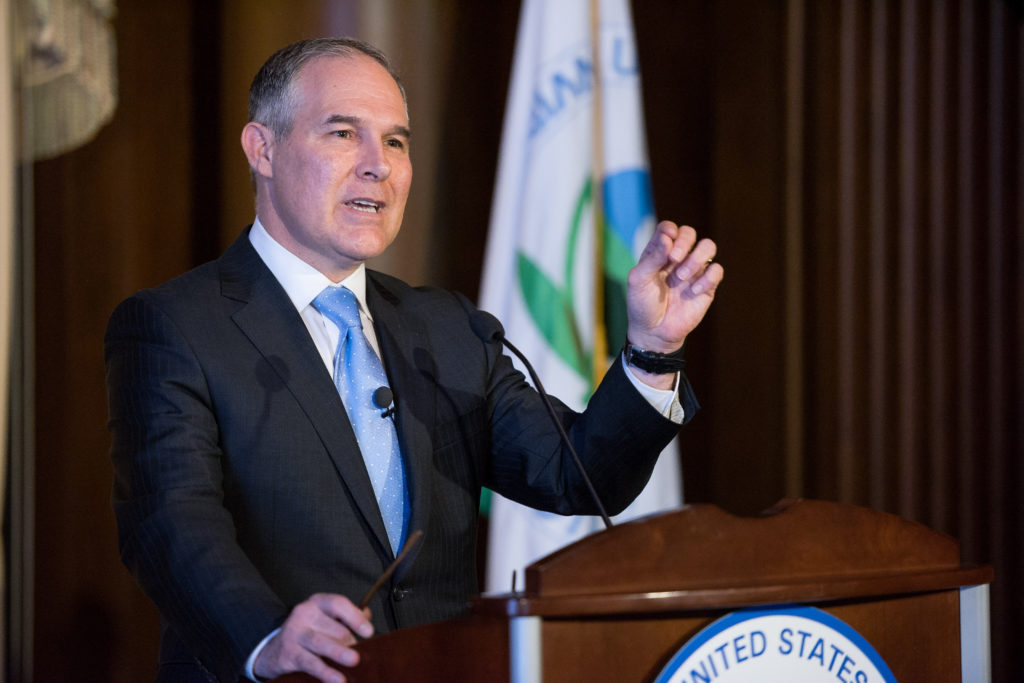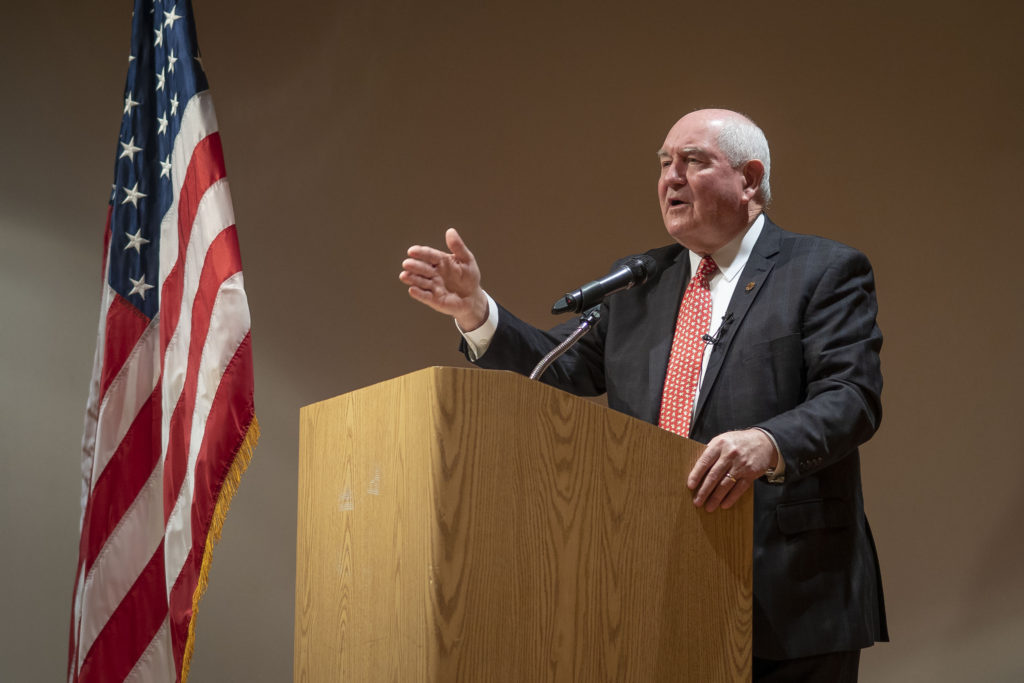I’ve always been challenged by the story in Mark 5: 1-20 of the demons and the pigs.
I knew I needed to finally wrestle with it in earnest when I found a piece about the story by Pastor Andrew Wilson in the latest issue of Christianity Today. Like almost every other article, commentary, and sermon I’ve ever encountered, Wilson’s piece discounts the significance of the pigs.
This story, as you may remember, involves Jesus and a man possessed by demons who call themselves “Legion.” When confronted by Jesus, the demons expresses the desire to remain in the area and ask permission to go into a herd of 2,000 pigs. Jesus grants that permission. The pigs rush down the hill into the Sea of Galilee and die by drowning.
It’s a puzzling story. Wilson shares a personal anecdote of an older pastor who recalled that one of the three most common questions about the Bible and the Christian faith he had received over the course of his long career had been, “And what’s the deal with the pigs?”
Wilson is a skilled writer and provides some valuable insights. However, he,like most other Bible interpreters (see this and this and this), seems to approach the story with the same two assumptions that have long shaped interpretations of the story: (1) the lives of the pigs do not matter and (2) the pigs are acted upon but are not able to choose to act themselves.
What happens if we read this story carefully and with an open mind? What happens if we apply what we know of pigs to the story? What if weave in other themes of Jesus’ life and of the Jewish roots of the Christian faith? What if we apply the whole faith principle that Creation matters to God and is part of God’s eternal plans?
If we interpret with all that in mind, this story comes to be even more wholly and richly provocative.
Below, I draw out that interpretation through a step-by-step, question-and-answer format. As you go forward, I encourage you to have an open mind while at the same time carefully scrutinizing each of my points of logic.
Did Jesus explain why he allowed the demons to go into the pigs and why the pigs rushed into the lake?
No. Like so many other examples of storytelling in the Bible, we are told of actions and statements but are left to figure out the connecting tissue of meaning and context ourselves. So we must be very careful about how we interpret the story. We will be tempted to project our own theories, prejudices, and ideas onto it.
What did the demons say their motivation was to move into the pigs?
To stay in the area. In other words, it seems they wanted to remain a source of torment and danger. This makes it illogical that the demons would want their hosts (the pigs) to die while they, the demons, were still possessing them. If this is kept in mind, it appears that the demons’ desire was ultimately thwarted.
Is there any Biblical basis for expecting that animals, especially higher order animals, might have a clearer and more virtuous perspective on the spiritual reality they are dealing with than humans?
Yes. Read the story of Balaam and his donkey carefully in Numbers 22: 21-35. In this provocative story, Balaam’s donkey sees an angel prepared to strike Balaam (a Moabite prophet) down three times, but each time Balaam’s donkey turns aside to prevent its master from being killed. Balaam, who has not perceived the angel, proceeds to beat the donkey each time, thinking that the donkey is being capriciously rebellious. God opens the donkey’s mouth, enabling it to speak its thoughts and feelings. The donkey reproaches Balaam and poignantly asks, “Am I not your own donkey, which you have always ridden to this day? Have I been in the habit of doing this to you?” Then God enables Balaam to see the angel with its sword drawn and to realize what the true situation was. The angel tells Balaam, “If it (the donkey) had not turned away, I would certainly have killed you by now, but I would have spared it.”
In other words, the donkey sees the spiritual reality Balaam is facing but does not see himself. And not only that. The donkey also acts to prevent Balaam’s death from that spiritual reality, even after it becomes clear that Balaam does not appreciate what the donkey is doing for him.
What do we know of pigs?
They, of course, are considered an unclean animal in Hebrew law. We also know they are highly intelligence animals, as smart as or even smarter than dogs. They have complex social relationships with each other and with humans when allowed. They have saved people from harm. I’ve even read that it is hard to find funding to research their intelligence because, in part, it raises painful questions about the ethics of how they are raised for food today in factory farms and how they are slaughtered. (A great book to read about all of this is Pig Tales: An Omnivore’s Quest for Sustainable Meat.)
It’s also significant that pigs can swim. So just running into the lake should not have caused their death by drowning.
In The Food Revolution by John Robbins, one reads the story of a pig who showed protective instincts while swimming. Robbins shares an experience of a farmer who had had a pet pig when he was young to which he was very attached. He would even sleep together with the pig in the cool barn on hot summer nights. He also enjoyed swimming in the farm’s pond. One of the farm dogs, however, would always swim out and then crawl on top of him, unintentionally scratching the boy with his claws. This was about to cause the boy to give up on swimming when the pig intervened:
“Evidently the pig could swim, for she would plop herself into the water, swim out where the dog was bothering the boy, and insert herself between them. She’d stay between the dog and the boy, and keep the dog at bay. She was, as best I could make out, functioning in the situation something like a lifeguard, on in this case, perhaps more of a life-pig.”
Is there any other explanation for what the pigs did and their demise?
Yes. The assumption in most commentaries is that the demons caused the pigs, directly or indirectly, to rush down the hill and into the water where they drowned. In othe words, the demons either directed the pigs to run into the lake and die or the pigs’ instinctive, non-rational reaction to their possession by the demons was to rush blindly and without thinking into the water.
Another way to read the story begins with assuming the pigs had their own volition. This leads to the idea that the pigs decided it was better to die than live with the demons in them. So they decided to not only rush into the water but also not to swim and keep themselves alive. In other words, they committed suicide with a sacrificial purpose. They committed suicide to thwart the demons’ desire to remain in the area.
In what ways does this alternative reading make sense?
Here are the ways I believe it does make sense:
1. The last story we read before the story of the demons and the pigs is of Jesus calming the storm. The disciples wonder in the last verse of chapter 4, “Who is this? Even the wind and the waves obey him!” A reading of this story that gives the pigs some will of their own enables this story to show that Jesus is both more powerful than the evil forces of the universe and, again, lord of the universe itself. He is able to use Creation to thwart the purposes of the demons. In this case, though, Jesus uses the sentience and intelligence of creatures within Creation.
2. We have seen in the story of Balaam’s donkey an animal that sees aspects of the spiritual world that people, including Balaam, cannot see and reacts out of good motives to preserve the life of Balaam. Why can’t pigs, who are as intelligent as donkeys and potentially more so, also act with their own will in a situation where they are confronted with the spiritual world intervening in the material world? This is so unexpected, of course, that our minds recoil at the idea. But perhaps the unexpected is part of what Jesus meant when he said earlier in Mark, “The kingdom of God has come near. Repent and believe the good news!” The kingdom of God upends all that seems normal in the world!
3. This reading fits, in a radical way, with the theme we see in the Gospels of the Gentile world sometimes recognizing Jesus and God’s ways more aptly than the Jewish world. The pigs are an extreme symbol of not only uncleanness but even of pagan and Roman culture, which were opposed and hostile to Jewish culture. What could be more radical than the kingdom of God leading pigs, the epitomy of all that seemed opposed to the Jewish understanding of God, to serve God’s purposes and eliminate evil from the world?
4. There is evidence that higher order animals can take action for good. There is also some potential evidence that higher order animals can commit suicide. A recent paper by David M. Pena-Guzman examines that possibility as does an article in Psychology Today.
5. If the pigs chose to take action for good by deliberating running into the lake and allowing themselves to be drowned (remember, pigs can swim), then this story actually picks up on the theme of sacrifice being needed to break the power of evil in the world. This is part of the fundamental story of Jesus dying on the cross. Jesus had the power to remove himself from the situation but chose not to in order to fulfill God’s purposes. The demons thought they had saved themselves by appealing to move into the pigs while evil thought it had triumphed over God by having Jesus killed. Both were wrong. And the pigs, which were likely used in sacrifices to pagan Gods, redeemed their goodness in Creation by being sacrifices for the removal of evil.
6. The theme of sacrifice that we see in the life and death of Jesus being paralleled here in this story actually enables us to feel better about Jesus allowing the demons to go into the pigs. Reading this story with the usual interpretations projects callousness onto Jesus. Why would Jesus allow demons to take their evil elsewhere in the world and cause the death of other members of Creation? Why wouldn’t he just have the demons leave the world forever? Why have compassion on the demons?
What if Jesus wasn’t having compassion on them at all but was taking advantage of their underestimation of the rest of Creation? What if Jesus was giving the pigs the opportunity to have a more noble purpose in their lives than they would normally have had – being slaughtered for food or sacrificed to a pagan god? Maybe their example of sacrifice to eliminate evil was a radical message from the least likely source? Maybe it was a profound sign?
7. This reading also fits with theme of Jesus having more knowledge and power in this world than demons. If one reads the exchange between Jesus and the demons, Jesus doesn’t actually assent to them staying in the area. He only assents to them moving into the pigs. Why couldn’t Jesus have known that pigs would be the agents of destruction of the demons?
8. And check out verses 16-17 – “Those who had seen it told the people what had happened to the demon-possessed man – and told about the pigs as well. Then the people began to plead with Jesus to leave their region.” Maybe what was so unsettling to the people of this region was not just Jesus’ ability to free the demon-possessed man of the demons but also the seeming suicide of the pigs. People there would have known that pigs could swim. Perhaps the idea that the pigs they ate and sacrificed on a regular basis could actually choose to do something good at the costs of their own lives would have been deeply unsettling?
9. In his article, Pastor Wilson picks up on the potential connection between the name of the demons being “Legion” and the Roman rule over the area. Doesn’t it add to the subversiveness of the story to think of pigs, a symbol of Roman culinary culture and their pagan religious culture, causing the demise of a legion?
In what ways is this alternative reading open to criticism of its own?
1. There is no commentary in the verses that provides clear basis for believing that the pigs had their own will in this situation or that Jesus expected the pigs to act on their own to resist the demons. You could just as easily read the verses to suggest that the demons either drove the pigs mad or drove them to run into the lake in some sort of purposefully destructive act. This story is a Rohrshach test of sorts. We project onto it what we bring to it. What’s more, there is no indication in the story whether the demons came back or not. So much is left unsaid!
2. There is no scientific consensus about whether animals can commit suicide. Here is an article that casts doubt on the whole idea.
3. You can make the argument that just as the demons caused the man to act irrationally, violently, and self-destructively the pigs would have lost control of themselves, even to the point of rushing into the water and losing the ability to swim.
4. It seems to our modern mindset to give too much agency and volition to the pigs in the story. These are the same intelligent animals we put into factory-like facilities that we call farms. Even worse, the culture of almost every church sees no problem with eating the flesh of these animals, even after the way they have been treated in life and death has been counter to every fruit of the spirit and the opposite of loving stewardship. Anything that suggests that pigs (and other animals under our control) have intelligence and can serve God’s will with some autonomy is deeply unsettling. We are not truly open to a Kingdom of God that upends and unsettles all of our expectations and assumptions.
You, of course, should make your own judgments. Nevertheless, no matter how you read the story, it is worth mentioning that both the possessed man and the pigs are capable of being afflicted by the demons. That should give us pause as well.
We tend to emphasize our unique qualities as humans and to avoid thinking of the commonalities we have with our fellow created beings around us. But just as Jesus was both God and man, we are simultaneously both special image-bearers of God and plain members of Creation. This should give us humility and a sense of fellowship with the rest of Creation.

